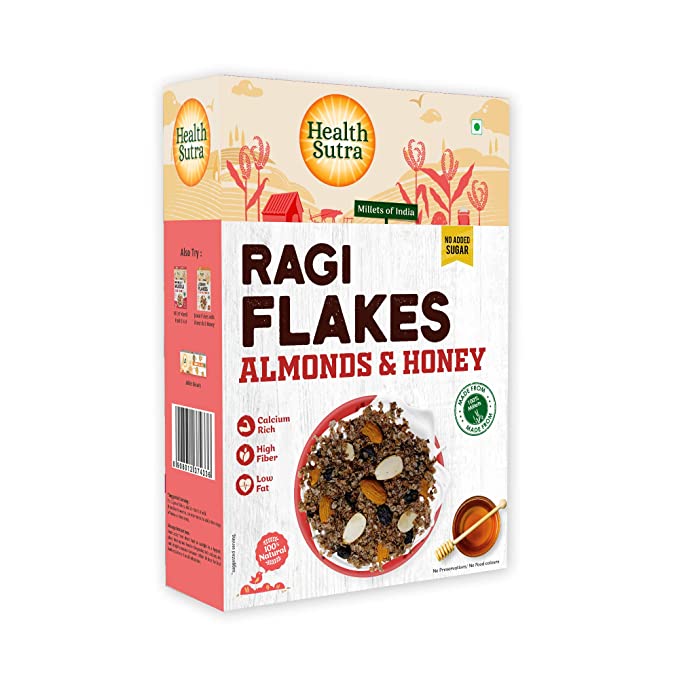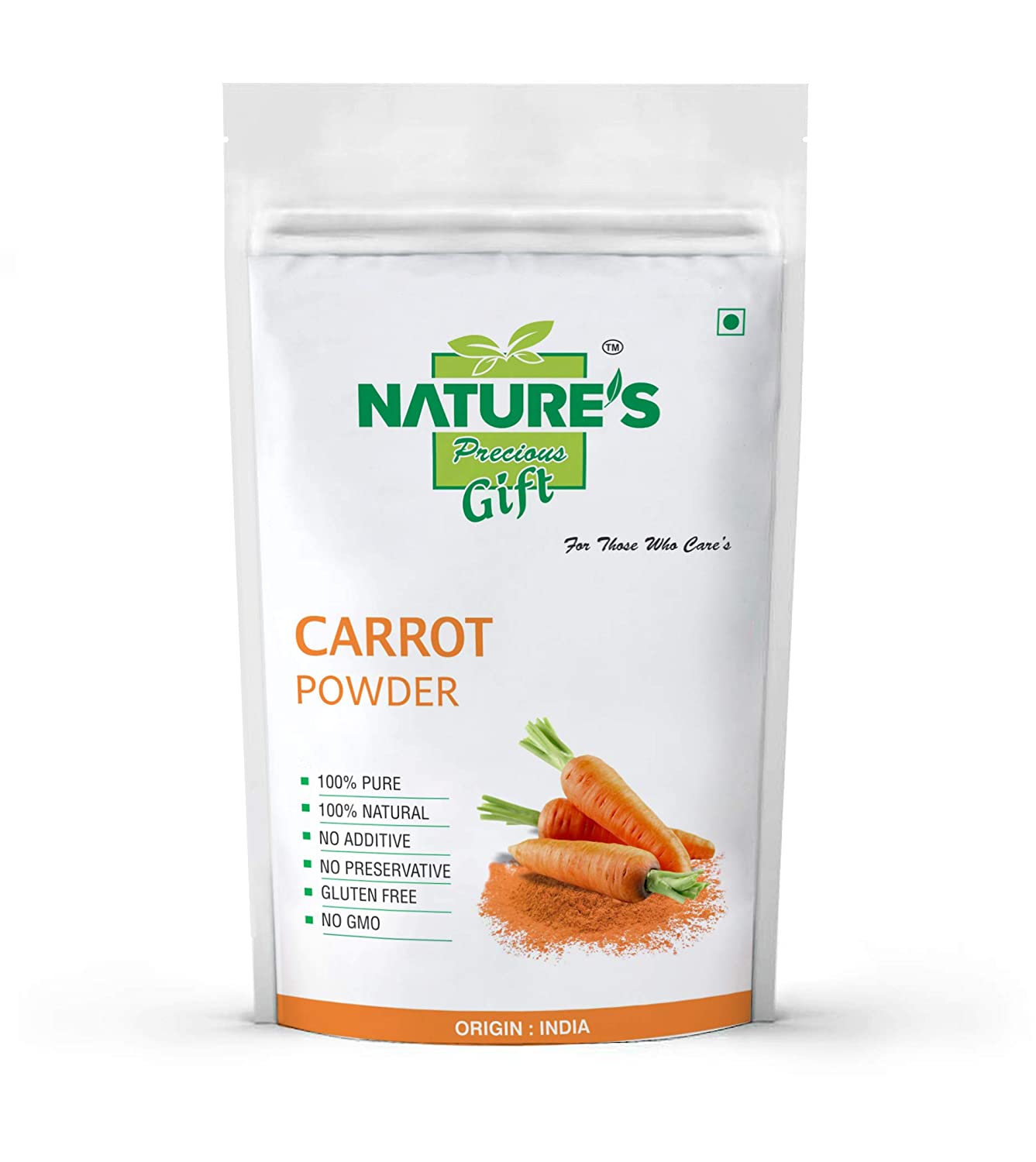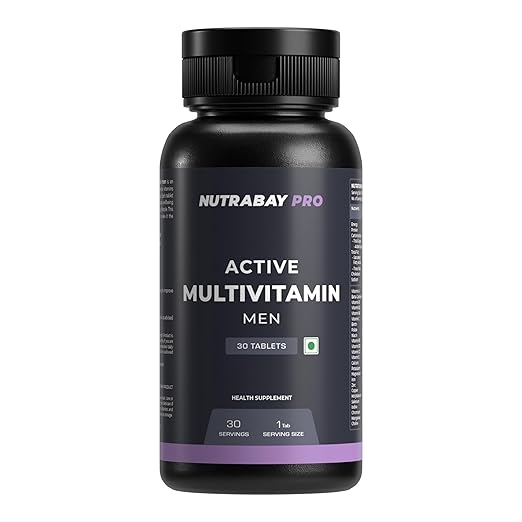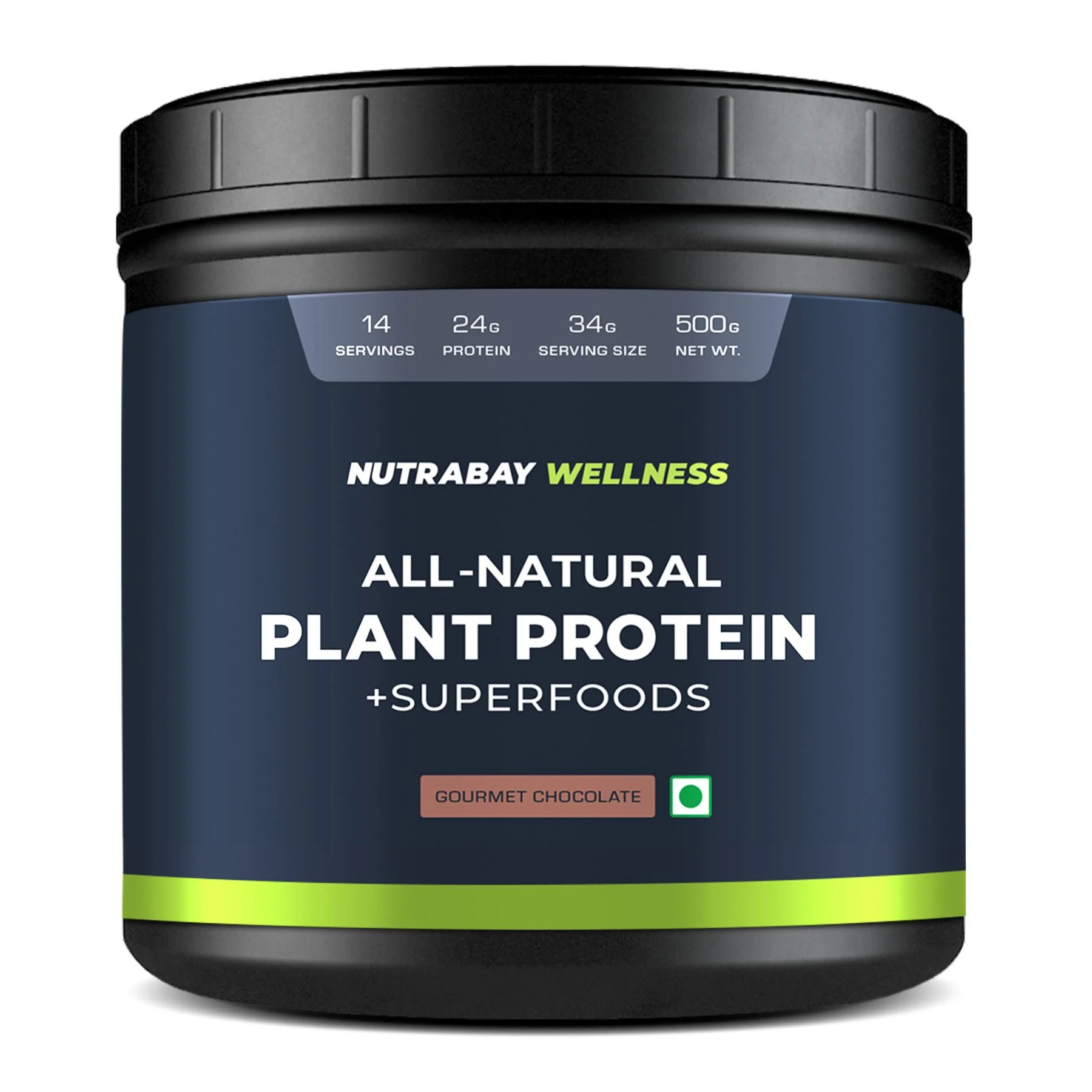Beta-Carotene
Micronutrient
Last update date: October 11, 2023
It gives yellow-orange colours to fruits & vegetables. In the body, beta-carotene is converted to vitamin A. It helps maintain skin & eye health
Frequently Asked Questions
1.
What is Beta-Carotene?
Beta carotene is a natural red-orange pigment found in various plants and fruits, such as carrots and colorful vegetables. It acts as a precursor to vitamin A, which is essential for maintaining healthy skin, mucus membranes, a strong immune system, and optimal eye health and vision. While beta carotene itself is not considered an essential nutrient, its conversion to vitamin A is crucial for overall well-being.
2.
What is positive impact of Beta-Carotene?
Antioxidant Protection: Beta carotene functions as an antioxidant, helping to protect the body against free radicals and oxidative damage. Cognitive Health: Research suggests that beta carotene may help slow down cognitive decline and support brain health. Skin Health: Consuming beta carotene-rich foods can contribute to healthy skin by promoting a youthful appearance and protecting against UV damage. Eye Health: Beta carotene is known to benefit vision and may reduce the risk of certain eye conditions, such as age-related macular degeneration. Potential Cancer Prevention: Some studies indicate that beta carotene may have a protective effect against certain types of cancer.
3.
What is negative impact of Beta-Carotene?
Carotenodermia: Excessive intake of beta carotene can lead to carotenodermia, a condition characterized by yellow or orange skin discoloration. Gastrointestinal Issues: In some individuals, high doses of beta carotene supplements may cause diarrhea or stomach discomfort. Increased Bruising: Consuming excessive amounts of beta carotene may increase the risk of bruising or bleeding in susceptible individuals.
4.
Who should avoid Beta-Carotene?
Asbestos Exposure: People who have been exposed to asbestos should be cautious with high-dose beta carotene supplementation, as it may increase the risk of lung cancer. Smokers and Former Smokers: Research suggests that high-dose beta carotene supplements may increase the risk of lung cancer in individuals with a history of smoking or who currently smoke.
5.
What are common sources of Beta-Carotene?
Dark Green Leafy Vegetables: Include kale and spinach in your diet for a good dose of beta carotene. Orange and Yellow Fruits and Vegetables: Carrots, cantaloupe, and sweet potatoes are excellent sources of beta carotene. Cruciferous Vegetables: Broccoli and peas contain moderate amounts of beta carotene. Apricots: Enjoy this vibrant fruit to boost your beta carotene intake.
6.
Which are symtoms of Beta-Carotene deficiency?
Night Blindness: Insufficient beta carotene intake can contribute to night blindness, a condition characterized by difficulty seeing in low-light conditions. Xerophthalmia: Severe deficiency of beta carotene and vitamin A can lead to xerophthalmia, a condition that causes dryness, ulcers, and damage to the cornea. Skin Irritation: In some cases, low beta carotene levels may contribute to skin dryness, roughness, or increased susceptibility to irritation. Stunted Growth: A deficiency in beta carotene and vitamin A can impair normal growth and development in children. Increased Infection Risk: Beta carotene deficiency may weaken the immune system, making individuals more susceptible to infections. Bitot Spots: Bitot spots, white foamy patches on the conjunctiva, can develop as a result of beta carotene deficiency. Keratomalacia: Severe deficiency can lead to keratomalacia, a condition that causes softening and clouding of the cornea. Keratinization: Inadequate beta carotene and vitamin A can cause the skin to become dry, rough, and prone to a condition known as keratinization.




















